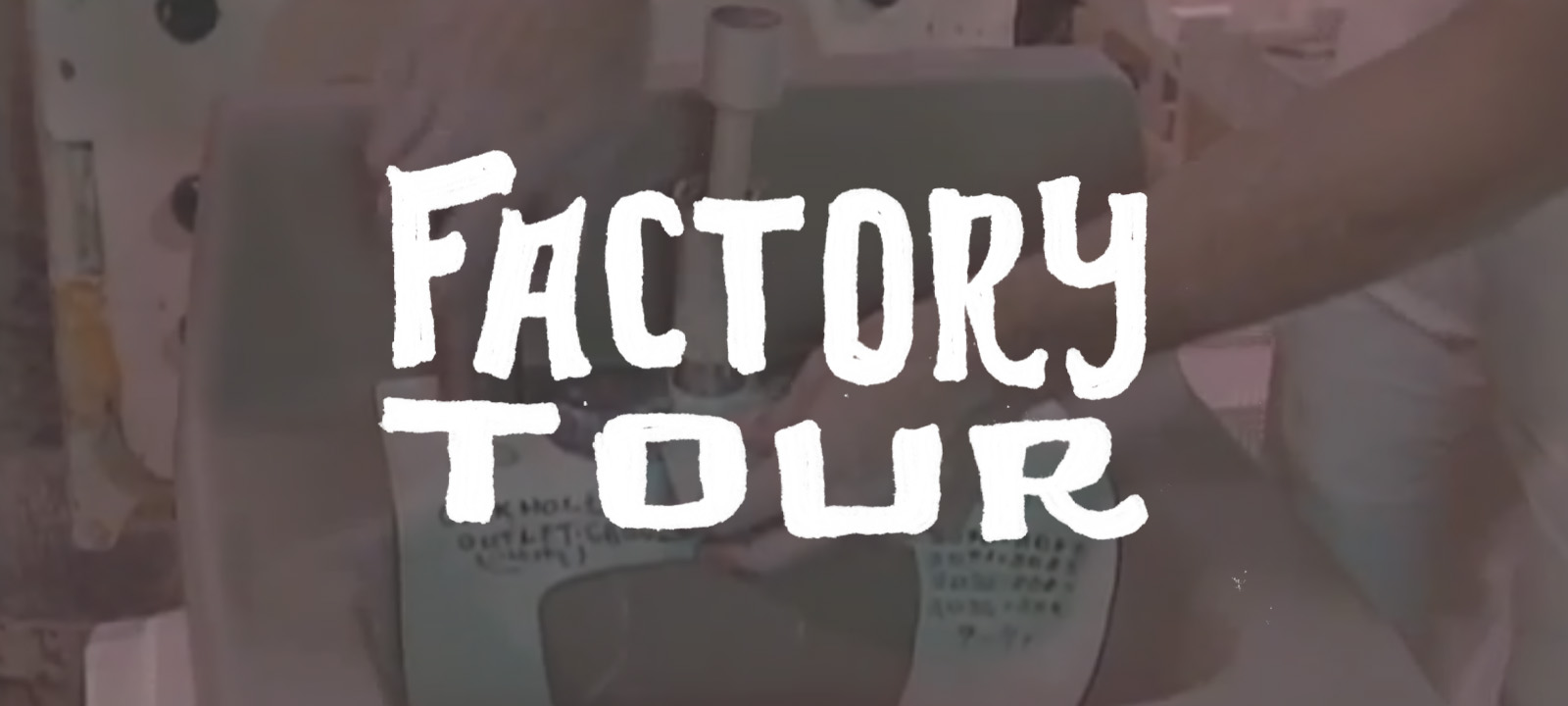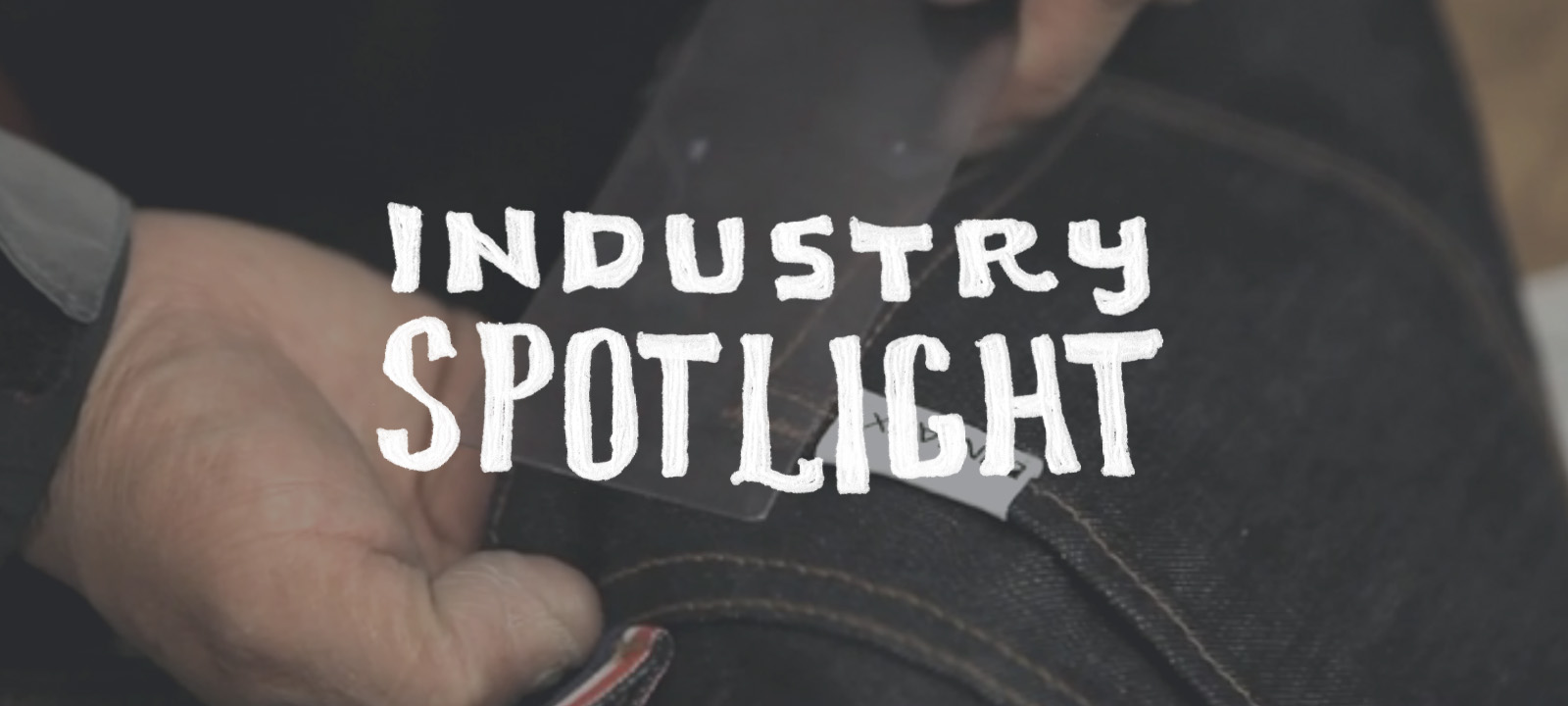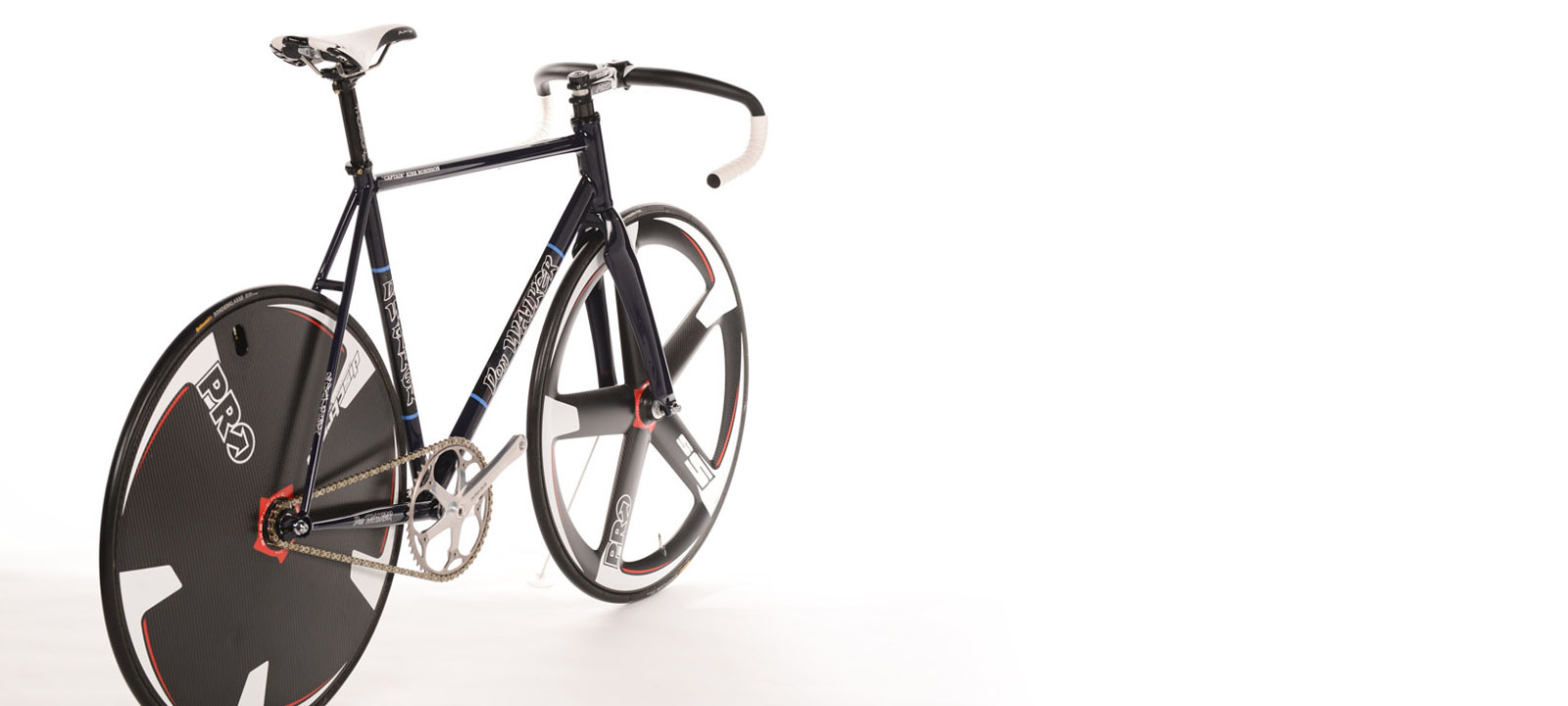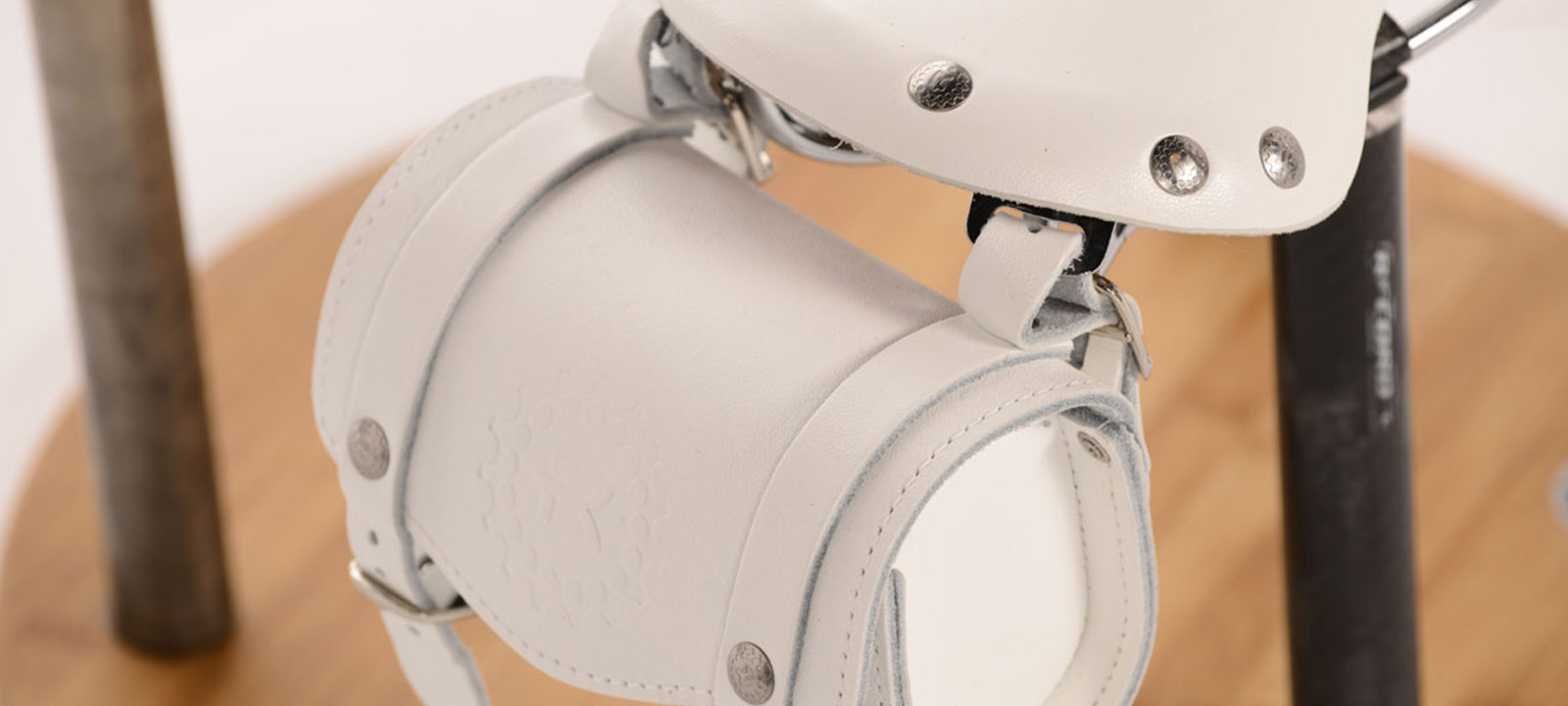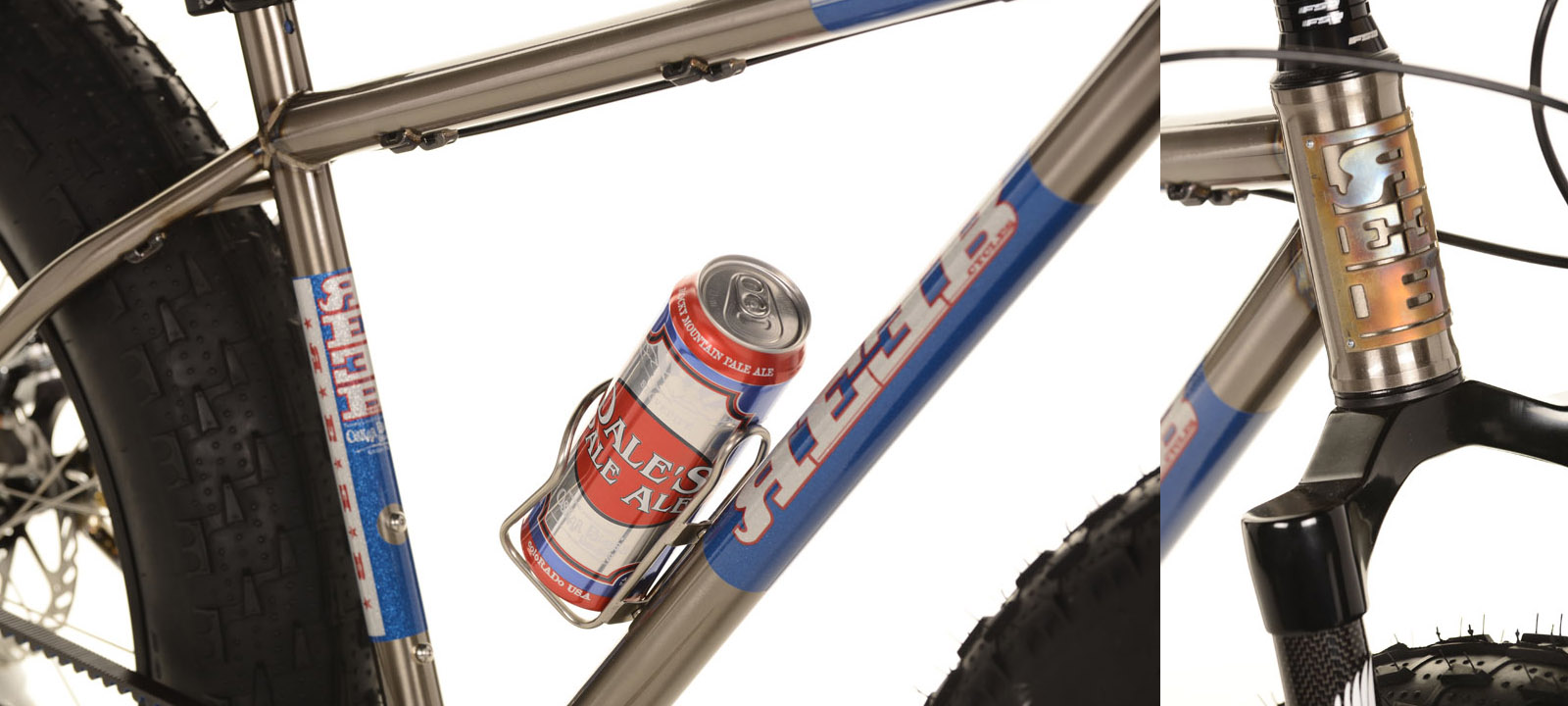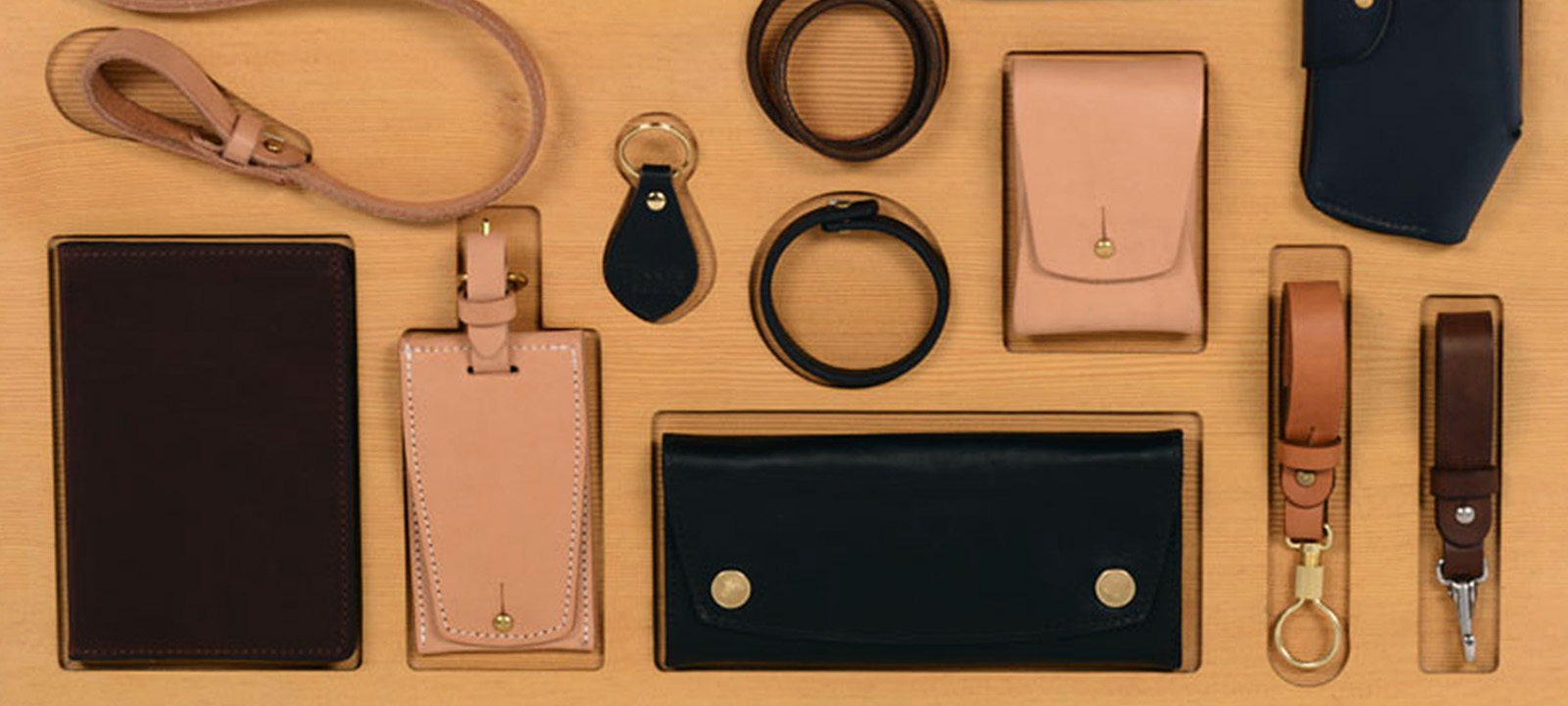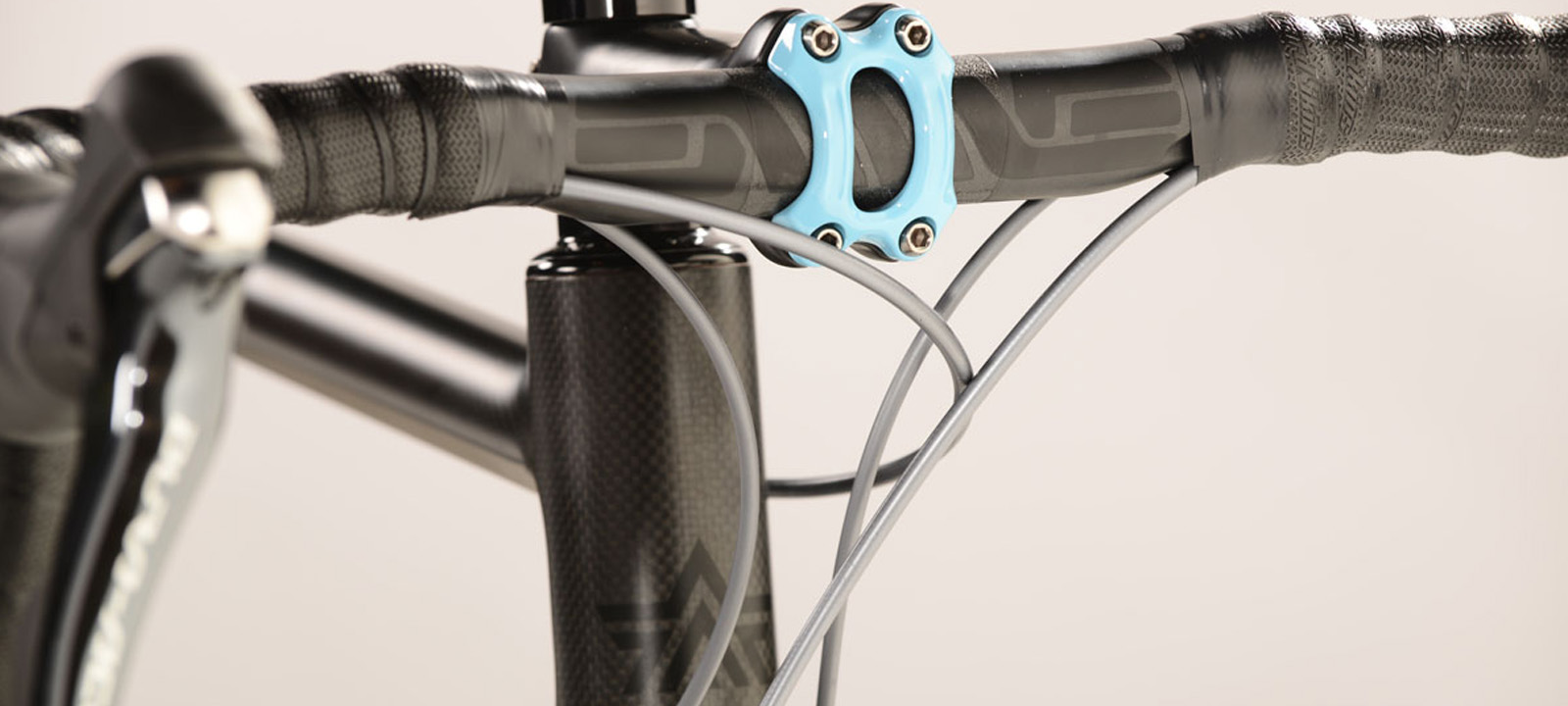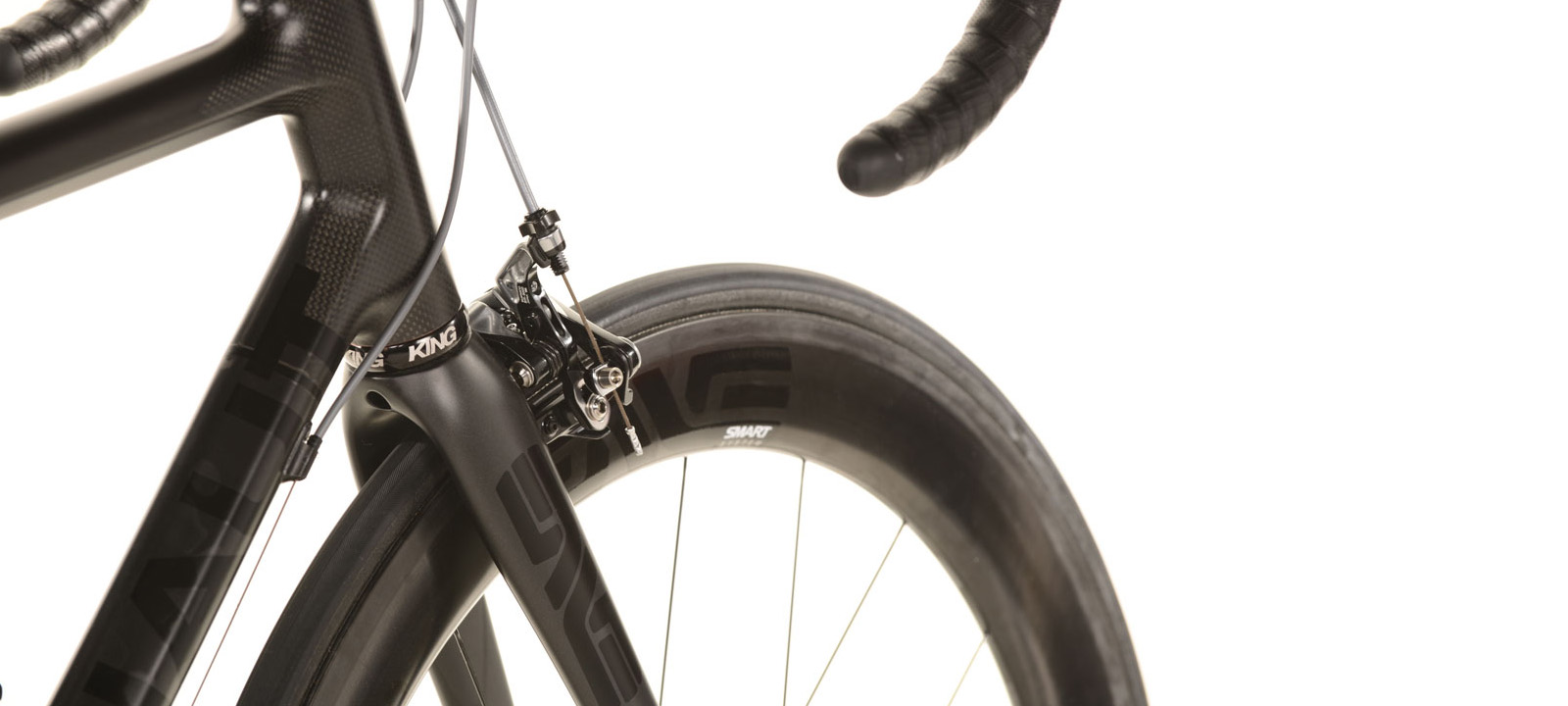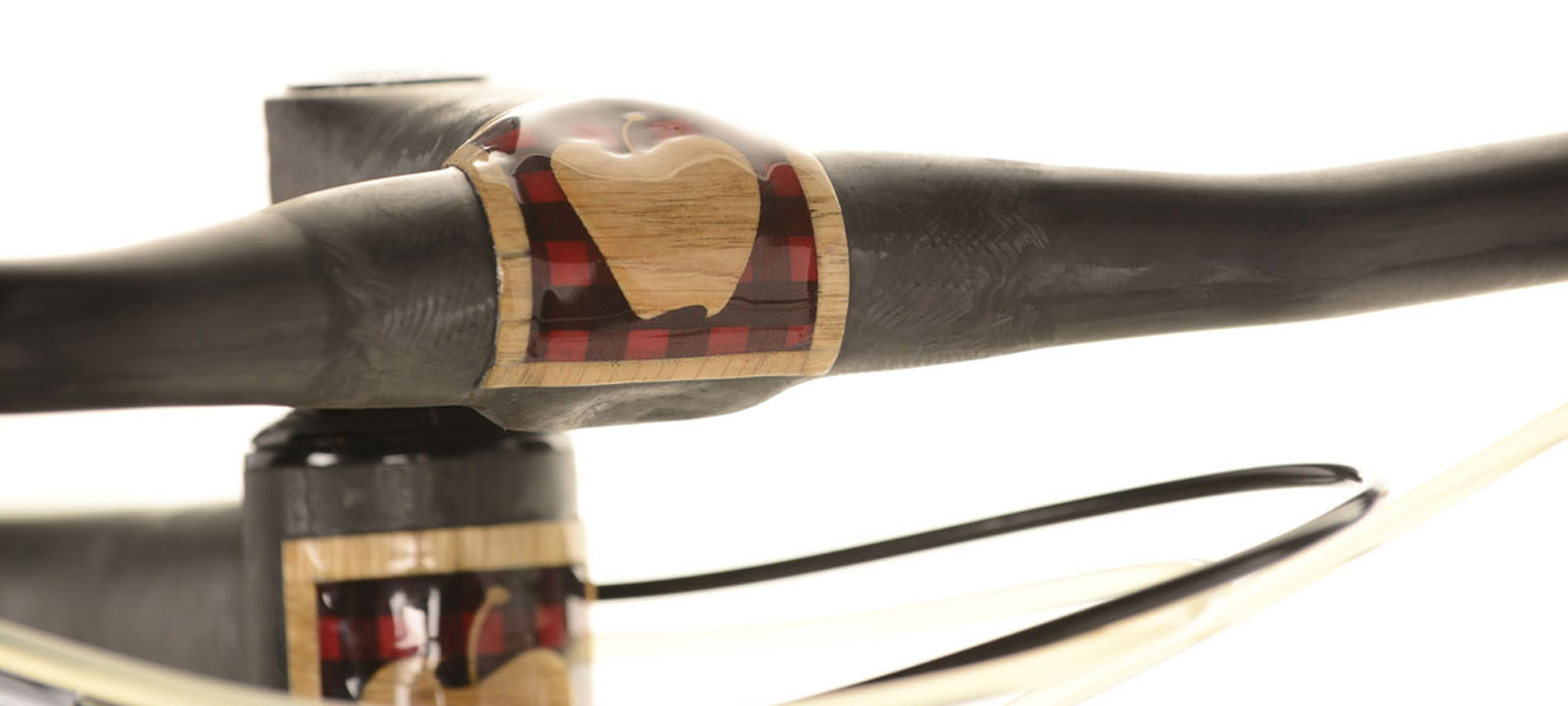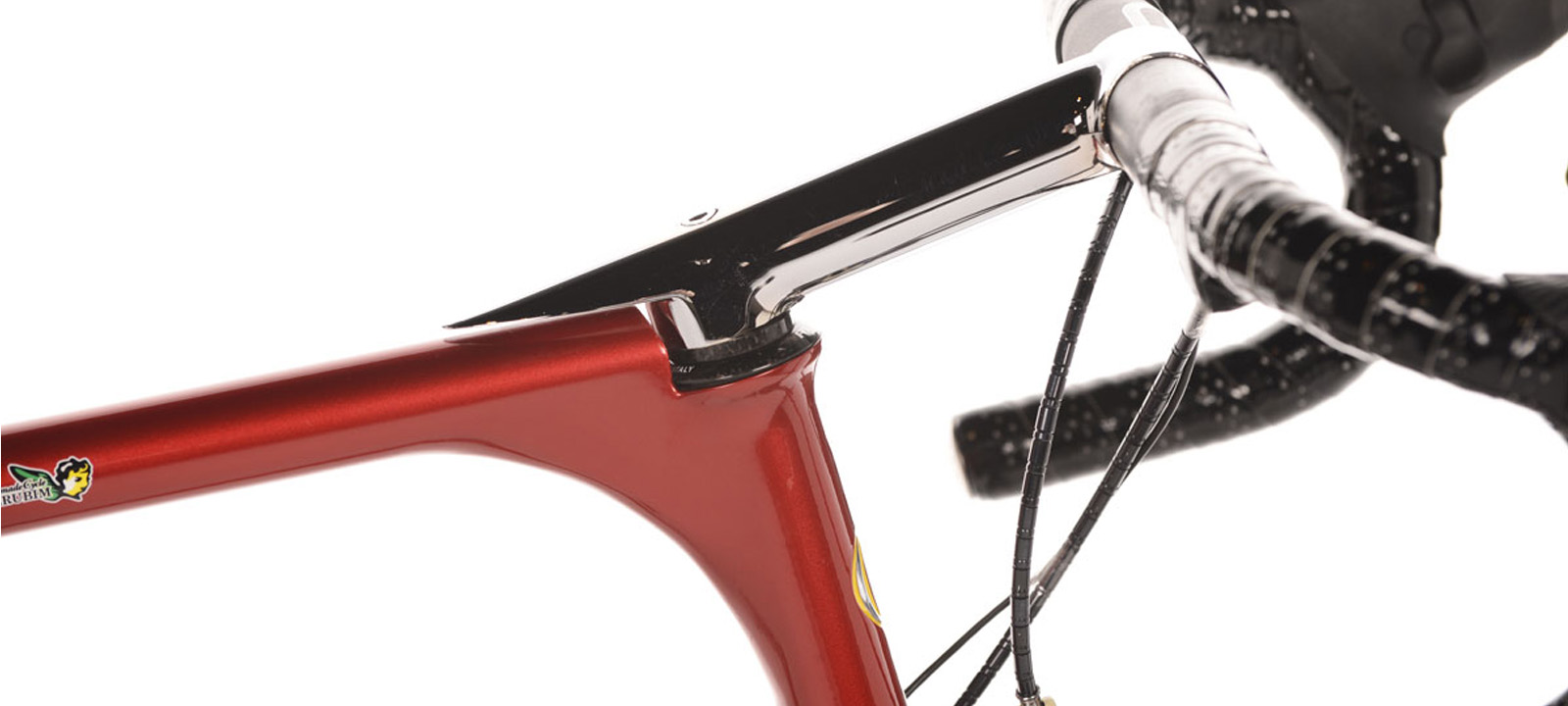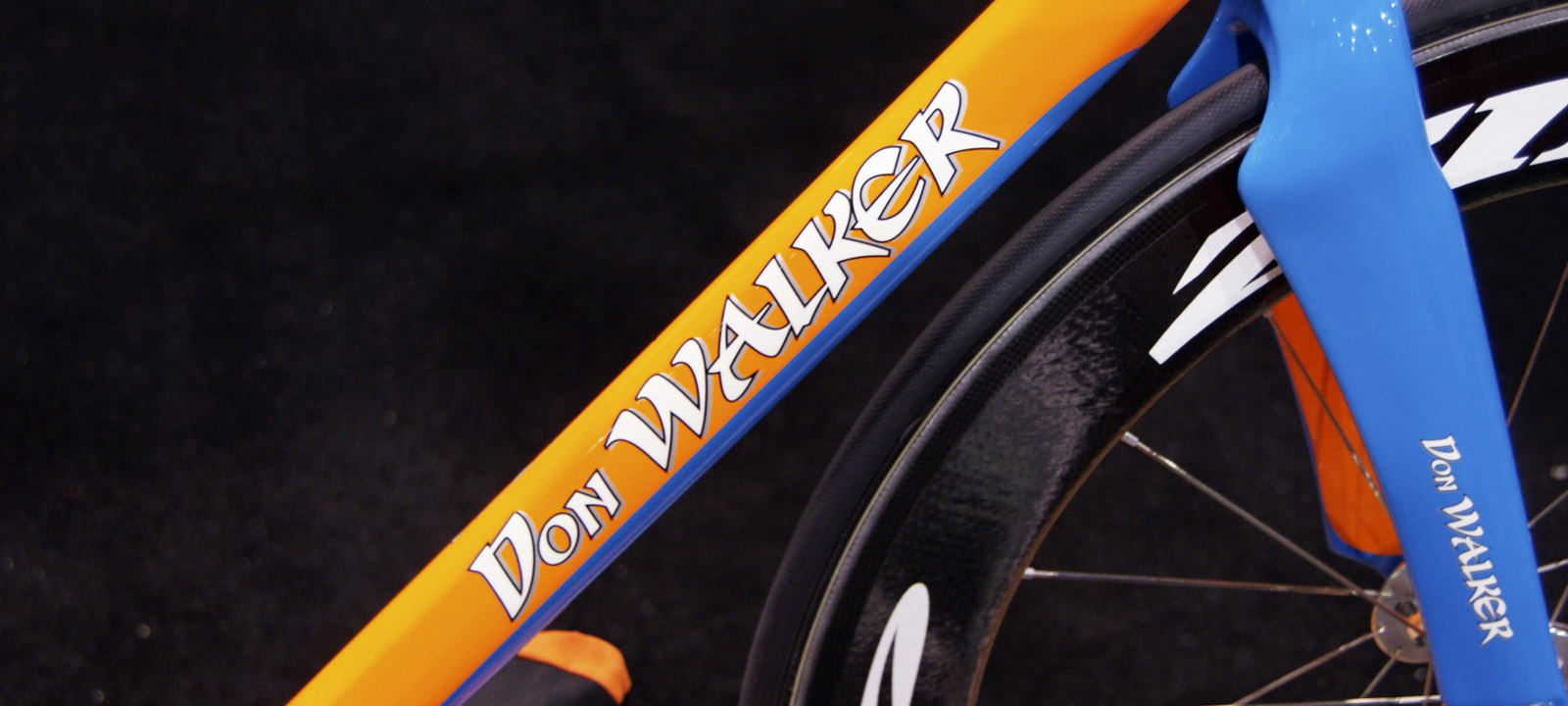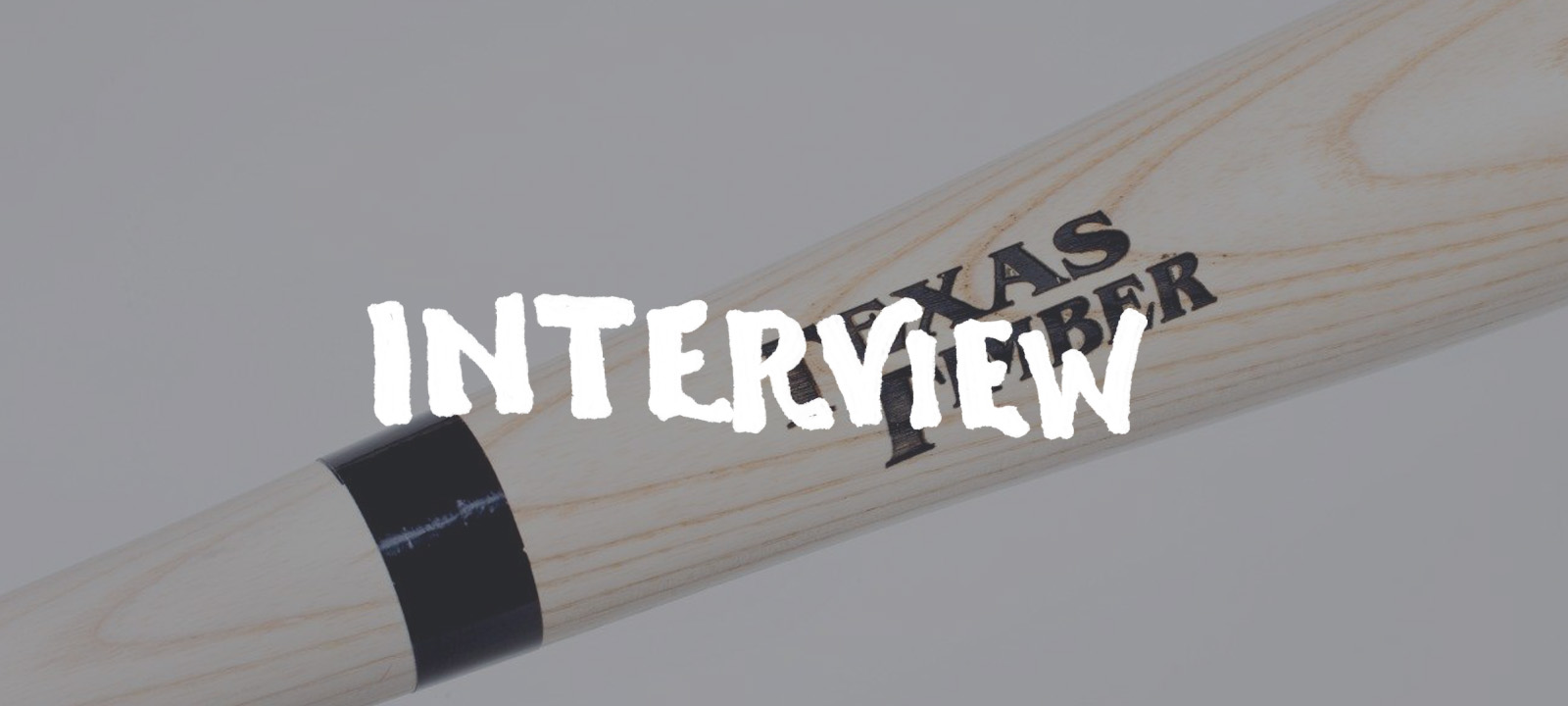Today we have the privilege of talking with Don Walker, founder of the North American Handmade Bicycle Show, and Don Walker Cycles.
NAHBS 2014 is opening today in Charlotte, NC and 50 BUILT is here to cover the show. Stay tuned for a full coverage feature of the show and the frame-builders in attendance.
Can you give 50 BUILT readers some background on yourself up to this point?
I grew up in Sacramento, Ca. and started racing road bikes at the age of 14. After I graduated high school, I went into the work force as an aircraft mechanic while still racing track, kind of part time. I spent 4 years working as a civilian on B1-B and B-2 Bombers. Around 1990 I wanted to take my skillset and make bike frames. It was a a way for me to stay with and give back to the sport I loved. I was married, had a full time job and a baby girl at this time and needless to say, I didn’t sleep much. I befriended a builder while working in Santa Barbara named Al Wanta. He had just purchased a new Henry James fixture and had offered me he old fixture, for free. Since that point in time, I’ve been hooked. That jig made its rounds as I gave it to another builder when I lived in Texas that was just starting out, too. I like how things go full circle.
You were an aviation mechanic by trade and transitioned over the years to being a bicycle builder. Can you talk about that transition, and any shifts you’ve seen in both industries, with the drastic off-shoring of the 80s/90s?
The hardest part for me was the tools. Both industries require very specialized tools and really, they don’t get much interchangeability. Acquiring the tools needed to make bikes was difficult while having a small child in the house. (diapers and baby food always take precedence…)
Anyhow, it took a while for things to get off the ground, maybe a year or so to gather other tools needed. My first couple bikes were awful. Admittedly, there is only so much you can really learn from a book on how to build a bike without seeing someone actually do it. Its just like learning to shoot or buck rivets in aircraft. You can read about it, or have someone show you and then you actually understand what it takes. The learning curve, as they say, was kinda steep at first. Once I got the hang of brazing, it then became getting the hang of the finish work, alignment, etc.
In the early 90s, the big mountain bike boom was in full swing and TIG welding was becoming the norm due to how fast the process was and that there was no finish work involved. It also led to what I think was the outsourcing revolution. Once you could set up a contract with a factory overseas, you could cut your overhead costs exponentially as their labor was pennies on the dollar as well as they could be making bikes for 5 or more other companies and buy tubing in such bulk that you could get a frame landed here for like 20 bucks, if not less. Profits went up and labor forces diminished here in the states and Europe. Gone were the days of small bike companies because they couldn’t compete with Asia’s low cost production. However, there were still some small one man shops and a few smaller companies who valued tradition and quality. Their customer base remained as some folks revolted against the whole “disposable” trend.
How has NAHBS evolved from when it started in 2005? What was the catalyst from being a bicycle builder, to feeling the need to create a show dedicated to fellow builders?
NAHBS was first concepted off of an email listserve (forum) for framebuilders. Back in 2003-2004, there were a lot of newbies coming to the list asking questions that many of us established builders had already experienced and the idea rose that we should have a weekend get together and help steer them in the right direction. There were many folks talking about it. Talk, talk talk. I got tired of hearing the talk and no action and decided that I would grab the bull by the horns and do it. I felt at that time that the only way to make it a viable event that we could do yearly was to open it to the public and use it as an inexpensive marketing tool for the framebuilders. Year one in Houston had 23 exhibitors and just shy of 700 people through the door. It was a great experience and although quite stressful for me, it showed me that there are people out there who still care and appreciate the bespoke bicycle and that I thought I could actually draw more attention to our craft.
Has the Made Local/USA always been the focal point of the show?
The focal point has always been one of support/buy local. I strive to push this message worldwide. Whether you are in the U.S., Europe, Japan or even Timbuktu and want a quality made bike, look for your local builder. Its not just about the builders here, NAHBS is a celebration of cottage industry and artisan bicycle makers. I do kind of put an emphasis on the U.S. and Canada, but in reality, its a brotherhood and we all support each other. I despise the whole outsourcing concept. I have had multiple discussions with numerous people and I keep going back to the same idea that when it becomes so important that profit is your motivation for being in business and not the passion that got you into the business, you need to find something else to do because passion is what drives us as builders. I understand that growth is a good thing, but taking the opportunities away for a livelihood for someone local and giving it to someone who doesn’t have the passion for their work because to them its “just a job” is completely and fundamentally wrong to me.
NAHBS awards are a thing of huge pride. If you win one, you have just won a huge marketing tool. The sense of pride that a builder gets when winning one cannot be put into words. By having the awards, NAHBS has helped push builders quality level even higher and when more builders see that level, they themselves try raising the bar. It has been good for the niche to have this kind of push for excellency and it translates much more than just on a local level. It pushes the quality up worldwide.
What has the reception been on local, national and international levels?
Everywhere NAHBS goes, there is a buzz. It might be somewhat limited depending on the location, but there is a buzz none-the-less. The media has covered us from as far away as Japan and Europe, South America and even emerging markets in the handmade world like Korea and Russia. Wherever you are on the planet, when NAHBS is going on, articles, pictures, social media is lighting up with coverage of NAHBS. Its really exciting to me because never in my wildest dreams did I think this little bike show would make such an impact.
Shows and media outlets like NAHBS are so crucial and invaluable as a tool for promoting Made In the USA. What advice/input do you have for others, in other industries, that might be considering starting a show or initiative of their own to celebrate and honor craft?
First and foremost, be committed. If you are married or have a partner, make sure that partner is as committed as you are to the success of your show or gathering. Passion is the second issue. Don’t lose your passion for your show. Once you do and it becomes “a job”, move on. Find something else to do. I never knew that I would be what others would term me as “good” at promotion, least of all for other businesses, but its really the passion I have for the craft of framebuilding that keeps me going.
What impact/benefit has NAHBS had on the community and strength of handmade bicycle builders around the country/world?
Since the beginning of NAHBS, bespoke bicycle sales have skyrocketed. As a community, we might be competing for the same customers, but we really are brethren at the bench and any order taken by any builder is seen as a good thing.
If you could tell our readers one factor that is the greatest threat or advantage to keeping things made in America, and allowing companies like Don Walker Cycles and the brands NAHBS represents to succeed, what would it be?
I hate to say it, but the whole Wal-Mart philosophy really bugs me. As the saying goes, “you get what you pay for” and if people really want a cheap item that they will have to replace sooner rather than later, it really isn’t saving money. Spend the extra money and get a quality product. If you are buying from a handmade bicycle maker, you don’t just end up with a bike, you end up having a relationship with the person crafting your bike. That speaks volumes, if you ask me.
Thank you so much for your time Don. And a big thanks to Shawn Moseley, NAHBS Communication Director, for making this happen!
To learn more about NAHBS, visit their site.
handmadebicycleshow.com
To check out Don’s bicycles, cruise over to his site.
donwalkercycles.com
ALL images in this post are used with NAHBS permission from their 2013 show.
